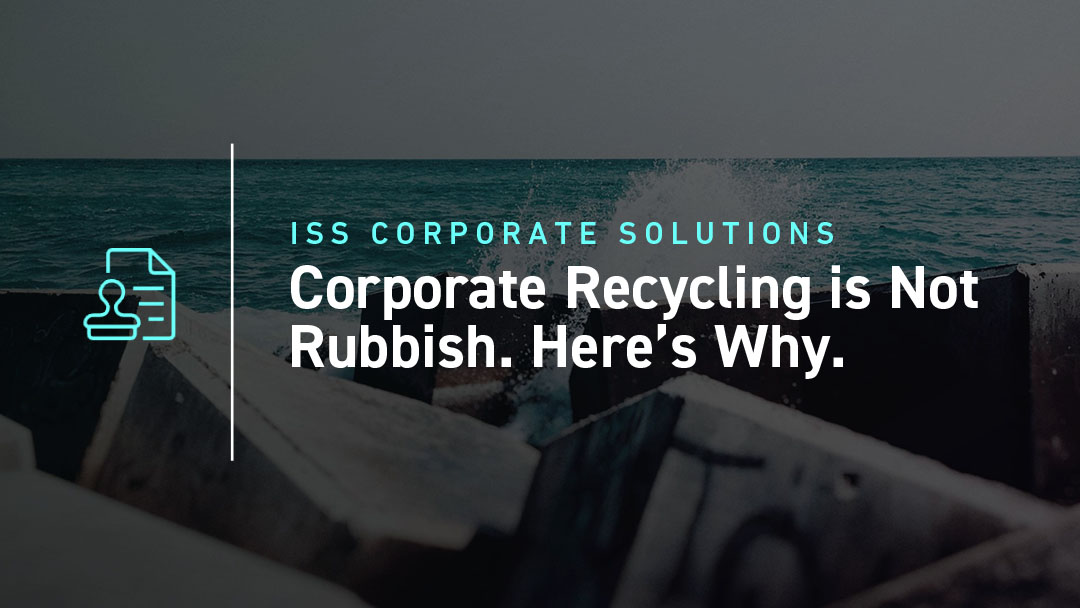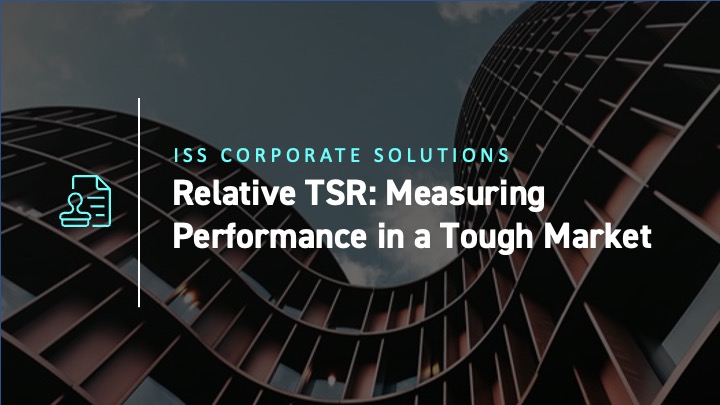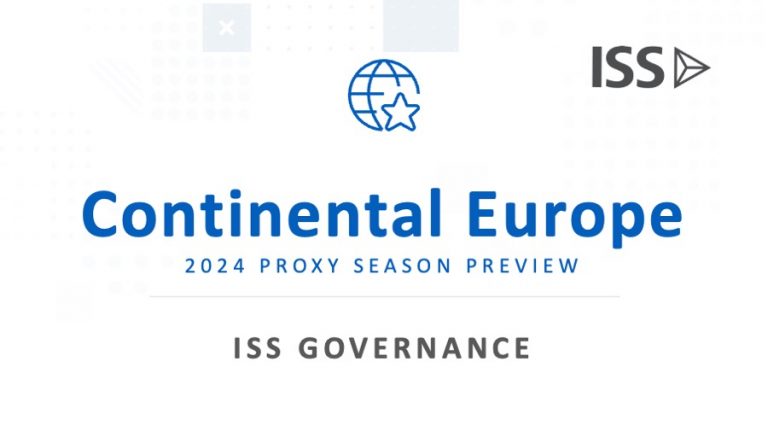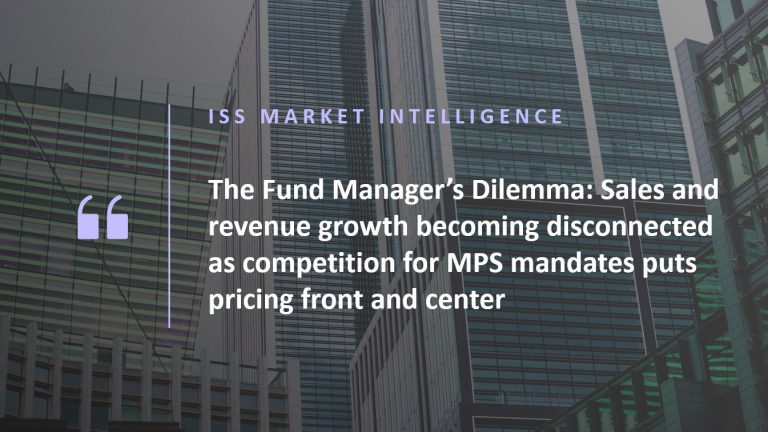Below is an excerpt from ISS Corporate Solution’s recently released paper “Corporate Recycling is Not Rubbish. Here’s Why”. The full paper is available for download from the ISS Corporate Solutions (ICS) online library.
Recycling programs offer a meaningful and valuable mechanism to mitigate the damage of excessive waste, and corporations have the resources, economic power, and means to address the challenge and scope of the problem at scale. Although corporations are certainly not the only contributors to the waste crisis in the world, they have the ability to effect positive change.
Climate change risk still receives the bulk of attention from investors, but all adverse environmental events can create circular externalities throughout the ecological system, and then pose risks to investor portfolios. Waste is no exception. Investors are increasingly interested in what steps publicly traded corporations are taking to reduce their waste impact, including through the use of recycling programs and initiatives. GRI, SASB, and the UN SDGs all require disclosure of waste metrics and/or an approach to combat waste through recycling efforts, all as part of the necessary steps needed to transition to a circular economy.
ISS tracks three basic types of recycling management programs through its Environmental QualityScore tool; business waste recycling, production waste recycling, and consumer product recycling. Business and production waste are often confused as being the same thing. But business waste refers specifically to the waste created in the course of conducting daily administrative tasks such as discarded paper or ink. Production waste refers specifically to the waste by-product generated from actual production activities.
Consumer product waste refers to the consumer goods or final goods purchased by customers at the end of the value chain. Investors, as well as other stakeholder groups, are interested in seeing the extent to which an organization’s end-use products, components, or materials are recovered and then effectively converted back into the production process. Where a corporation has designed goods and packaging materials capable of being recycled or reused, comprehensive disclosure of the recycling program is valuable because it can indicate both a source of competitive advantage (more efficient processes), as well as thoughtful mechanisms for mitigating the costs and challenges that come with disposal. This is especially true in industries that require a large degree of packaging materials.
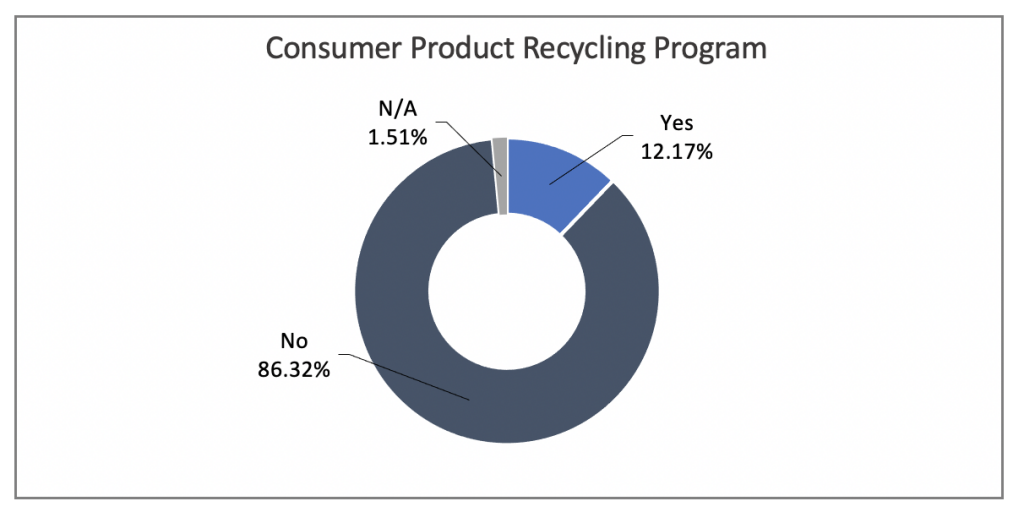
Source: ISS Environmental QualityScore, Data as of 10.28.2021.
By Justin Chicoine, ISS Corporate Solutions Sustainability Advisor Derek Noah, ISS Corporate Solutions Sustainability Advisor
